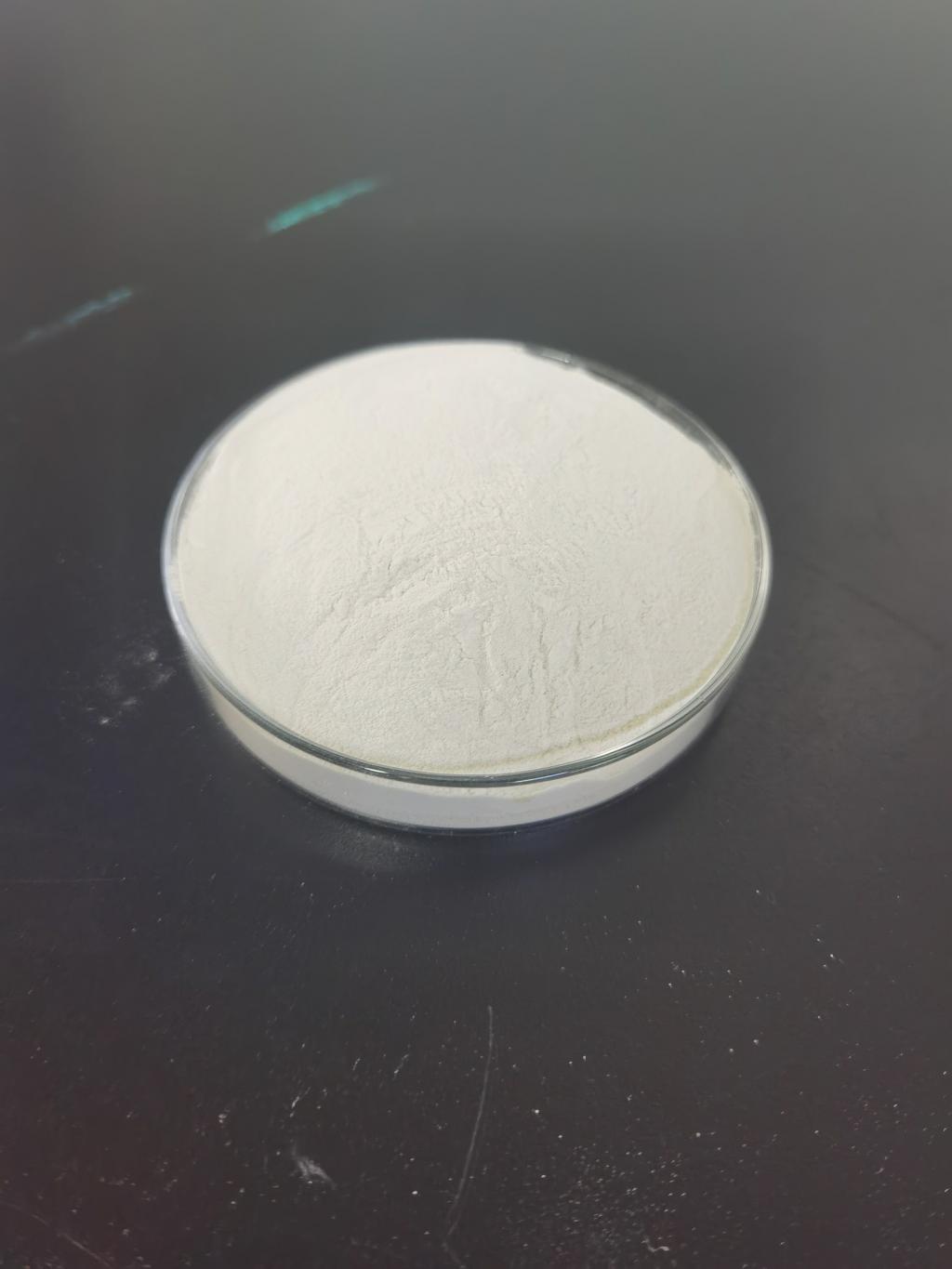Tel:+8618231198596

News
 CONTACT
CONTACT
 CONTACT
CONTACT
- Linkman:Linda Yao
- Tel: +8618231198596
- Email:linda.yao@dcpharma.cn
- Linkman:CHARLES.WANG
- Department:Overseas
- Tel: 0086 0311-85537378 0086 0311-85539701
News
Nisin's potential in reducing food waste.
TIME:2023-08-03
Introduction:
Food waste has emerged as a critical concern, contributing significantly to environmental degradation, economic losses, and resource inefficiency. According to the Food and Agriculture Organization (FAO), approximately one-third of all food produced for human consumption is lost or wasted globally, amounting to about 1.3 billion tons annually. This wastage of resources occurs at various stages of the food supply chain, from production and distribution to retail and consumption. Addressing this issue requires a multifaceted approach, with recent research focusing on novel ways to extend the shelf life of perishable foods. Nisin, a naturally occurring antimicrobial peptide, has garnered attention for its potential in reducing food waste by inhibiting the growth of spoilage and pathogenic microorganisms.
Nisin: An Overview:
Nisin is a polycyclic antibacterial peptide that is produced by certain strains of Lactic Acid Bacteria (LAB), primarily Lactococcus lactis. It has a long history of safe use in the food industry as a natural preservative, particularly in dairy products. Nisin's antimicrobial activity stems from its ability to disrupt the integrity of bacterial cell membranes, leading to cell death. Unlike chemical preservatives, nisin is considered a bio-preservative due to its natural origin and targeted mode of action.
Mechanism of Action:
Nisin's mechanism of action involves binding to lipid II, a precursor molecule involved in bacterial cell wall synthesis. This binding disrupts the formation of the cell wall, resulting in the leakage of cellular contents and ultimately bacterial death. Additionally, nisin has been found to perturb membrane potential and induce the formation of pores in the bacterial membrane, further contributing to its antimicrobial activity.
Applications of Nisin in Food Preservation:
The versatility of nisin extends beyond its traditional use in dairy products. Research has demonstrated its efficacy in a wide range of food categories, including meats, seafood, fruits, vegetables, and baked goods. Nisin can extend the shelf life of these foods by inhibiting the growth of spoilage bacteria, molds, and yeast. In meat and seafood products, nisin has been shown to control the growth of pathogens such as Listeria monocytogenes and Salmonella. Its application in fruits and vegetables can help maintain freshness and quality during storage, transportation, and display.
Challenges and Opportunities:
While nisin shows promise as a natural food preservative, several challenges must be addressed for its effective integration into the food industry. One key challenge is optimizing dosage levels to ensure both microbial safety and sensory quality. Excessive nisin concentrations can lead to undesirable flavors, affecting consumer acceptability. Moreover, the regulatory landscape surrounding nisin varies across different countries and regions, necessitating a comprehensive understanding of approval processes.
Conclusion:
Nisin holds significant potential in reducing food waste by extending the shelf life of a variety of perishable foods. Its natural origin, targeted mode of action, and proven efficacy make it an attractive option for the food industry seeking sustainable solutions to the food waste crisis. As research and development efforts continue, addressing challenges related to dosage, sensory quality, and regulatory approval will be critical in harnessing nisin's full potential. By integrating nisin into food preservation strategies, we can take a meaningful step towards minimizing food waste, promoting sustainability, and ensuring a more secure global food supply chain.
- Tel:+8618231198596
- Whatsapp:18231198596
- Chat With Skype







